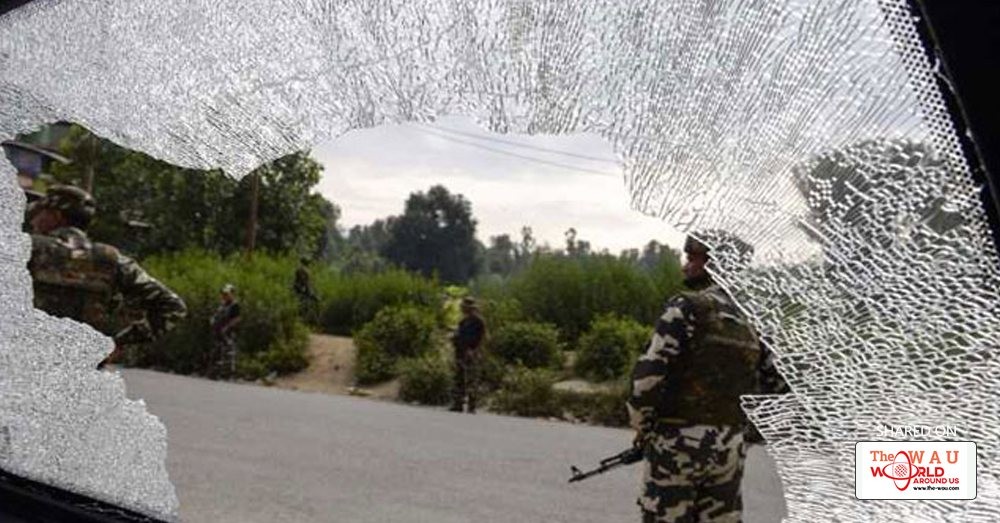A manhunt has been launched for Lashkar-e-Taiba commander Mohammad Abu Ismail believed to have carried out Monday's attack on Amarnath pilgrims in Jammu and Kashmir that killed seven people. It was one of the deadliest attacks by the 26-year-old terrorist who had been operating in south Kashmir. Sources in Delhi told NDTV that Abu Ismail, a Pakistani national, had infiltrated from across the border with Pakistan about two years ago and was a local commander of the Lashkar in south Kashmir.
The probe into the attack on Amarnath pilgrims, the first in nearly 17 years, is still in an early stage. But according to information put together by the security establishment, Abu Ismail led the attack along with three to five other terrorists.
There is no clarity how the bus was allowed to pass security check-posts after sunset when thousands of policemen head back to their camps for the night. That terror groups such as the Lashkar could try to attack the annual pilgrimage taken by thousands had been predicted by intelligence agencies.
Jammu and Kashmir Deputy Chief Minister Nirmal Singh told NDTV that the attack was a "big lapse". "We have to enquire why... it was allowed after sunset," he said. More than 100 empty cartridges were found at the attack site, which indicates that the terrorists were prepped for a attack.
It is not clear what kind of a role, if any, was played by Abu Dujana, who is seen to be the big boss of the Lashkar-e-Taiba in the Kashmir valley. An official said the terrorist group operates through a "disaggregated structure" in Jammu and Kashmir, implying that local commanders may have carried out attacks independently in their area of operation.
Jammu and Kashmir police suspect the massacre was a revenge attack, timed by Abu Ismail to follow the police announcing the arrest of its operative Sandeep Kumar Sharma in south Kashmir's Anantnag.
A native of Muzaffarnagar in Uttar Pradesh, Sharma, 36, had joined the Lashkar in the state five years back and was reportedly close to terrorist Bashir Lashkari, who was killed in an operation on July 1. Sharma is believed to have accompanied terrorists in the Qazigund ambush that killed six policemen. He was detained when he emerged from the house where terrorists had been hiding after the July 1 encounter in Anantnag. It was in this encounter that Bashir Lashkari was also killed.
The LeT is reported to have denied its involvement in the attack. But the security establishment isn't taking the Lashkar's denial at its face value, particularly given the bloody history of the outfit that was formed in 1990 in Afghanistan and is based in Muridke, a town near Lahore in Pakistan. In Kashmir, the terror group had first come to the notice of the police in 1993 when 12 Pakistani and Afghan mercenaries infiltrated across the Line of Control.
Share This Post















